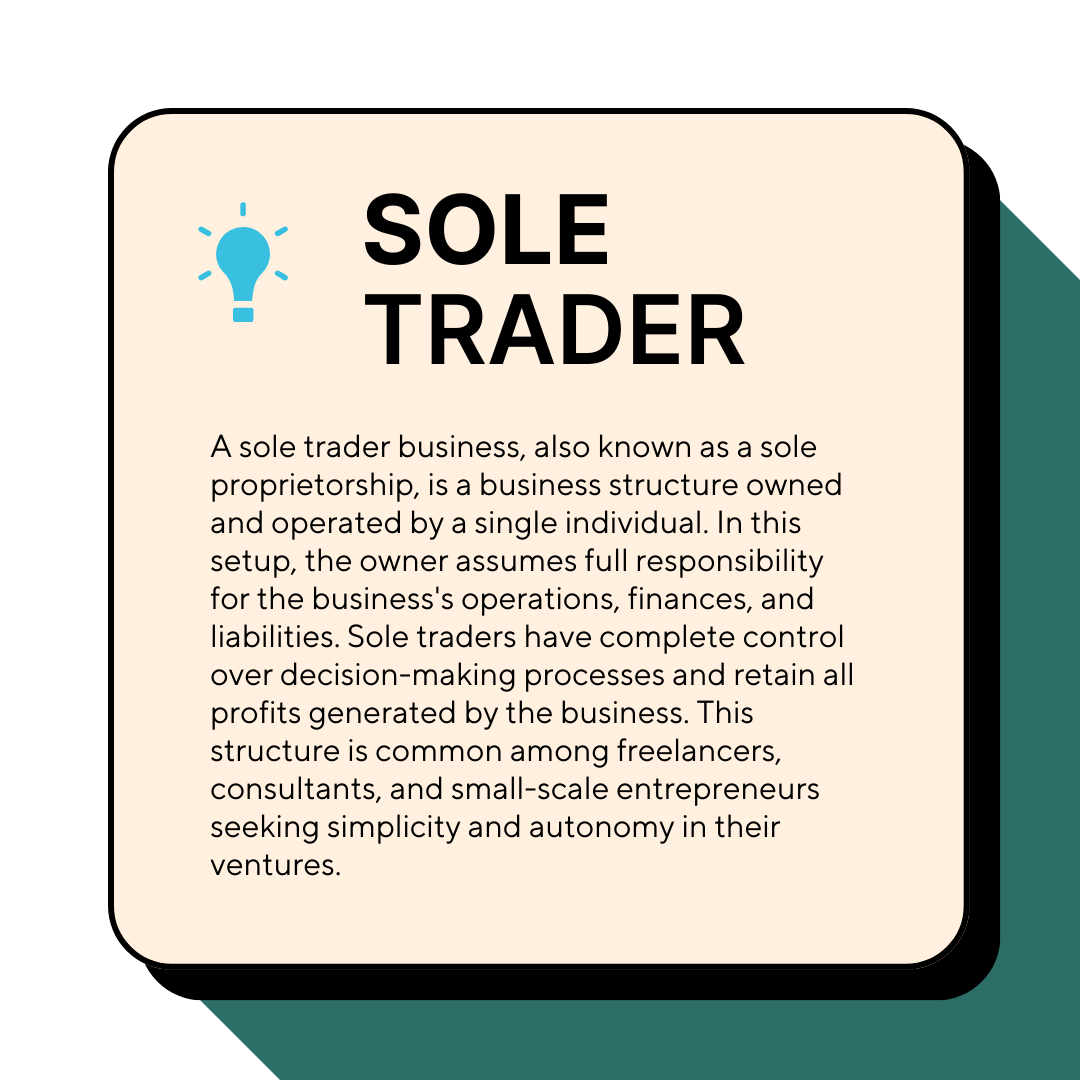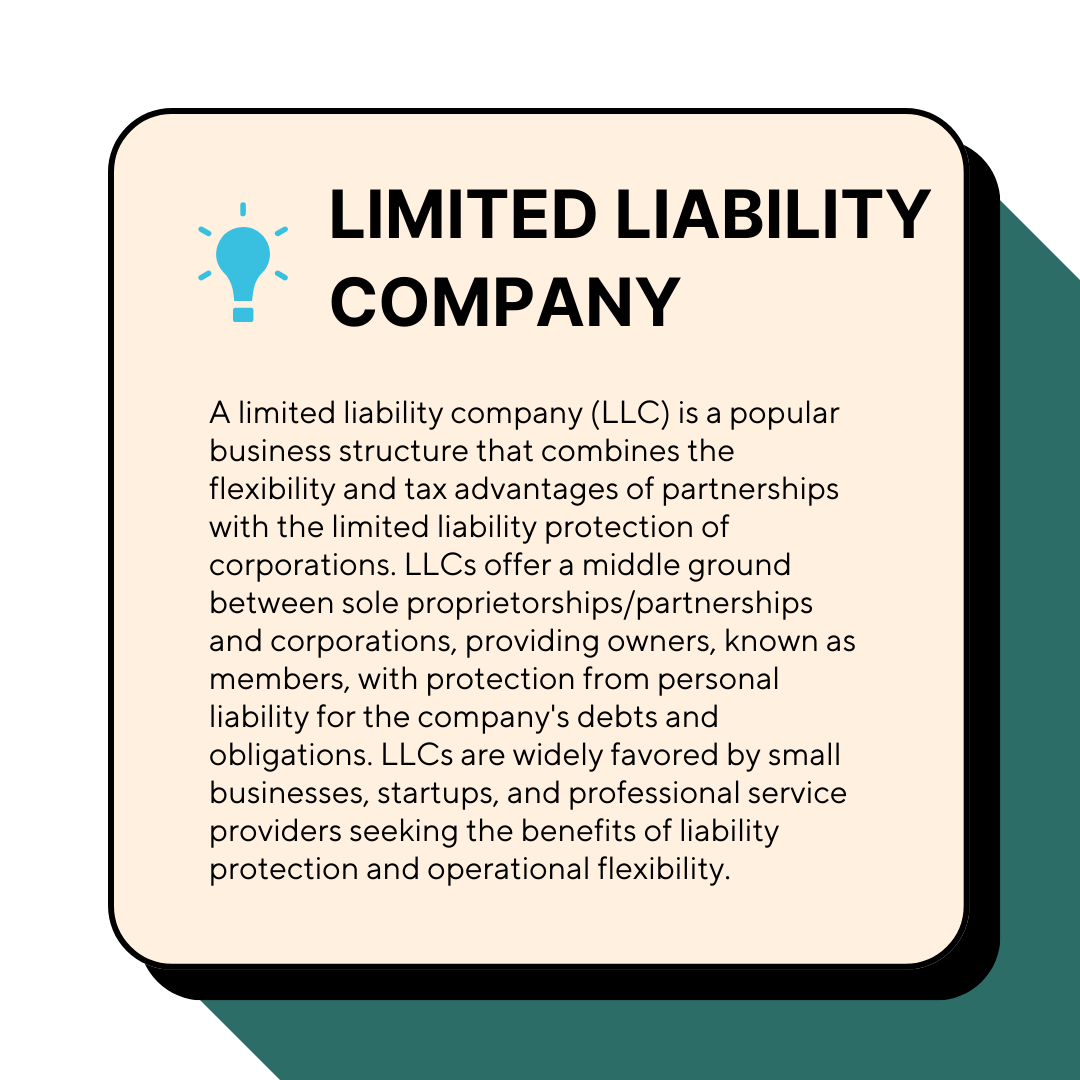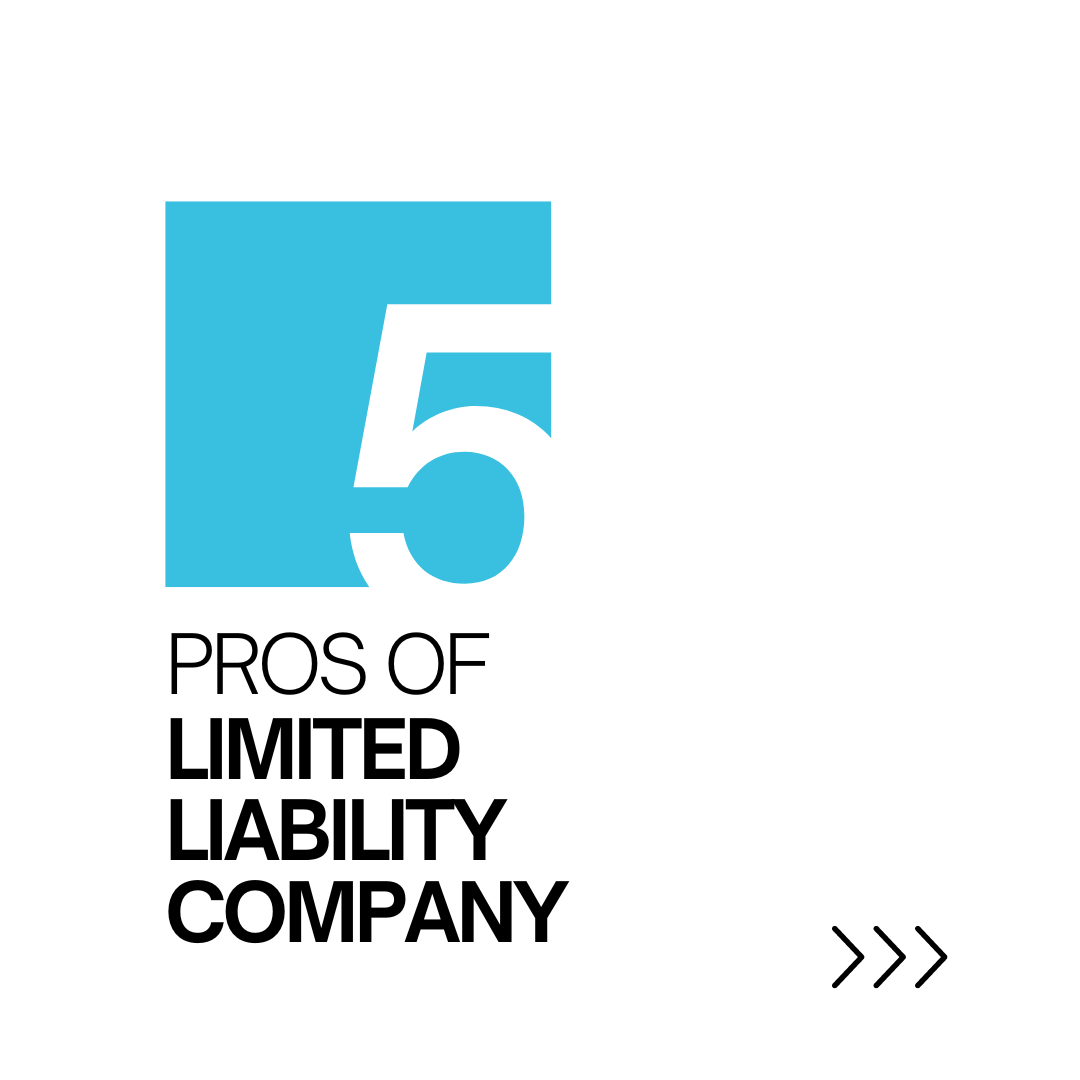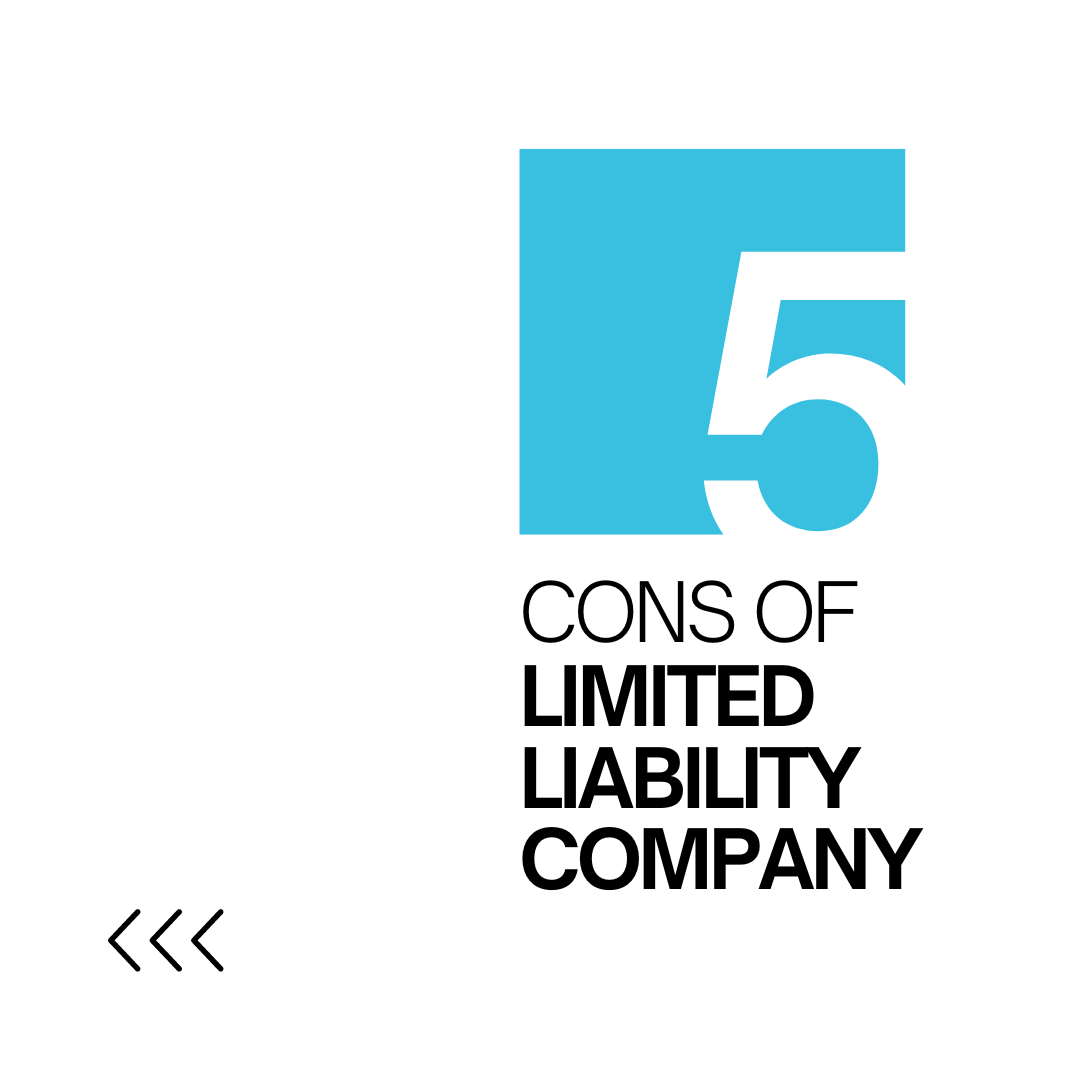Embarking on the journey of entrepreneurship entails making critical decisions that lay the groundwork for your business’s future success. One of the foremost considerations is determining the appropriate business type, a choice that profoundly impacts your operations, legal obligations, and financial outcomes. In this section, we delve into the pivotal decision-making process between selecting a sole trader, firm/partnership, or limited liability company (LLC) structure. By exploring the distinct characteristics, advantages, and potential drawbacks of each option, we aim to equip you with the knowledge and insights necessary to navigate this fundamental aspect of starting your business. Whether you’re a sole proprietor seeking simplicity or an aspiring entrepreneur prioritizing asset protection, understanding the intricacies of business types is paramount to charting a course towards your entrepreneurial aspirations.


1. Simple & Cost Effective Setup: Minimal legal formalities and registration requirements make it easy to establish a sole trader business
2. Direct Control: Sole traders have full autonomy over business decisions, allowing for quick adaptation to market changes and customer preferences.
3. Tax Advantages: Sole traders can offset business expenses against taxable income, potentially reducing their overall tax liability.
4. Flexibility: Sole traders enjoy flexibility in managing their schedules, operations, and work arrangements, enabling them to respond promptly to emerging opportunities or challenges.
5. Full Ownership of Profits: Sole traders retain 100% ownership of profits generated by the business, providing direct financial rewards for their efforts.

1. Unlimited Personal Liability: Sole traders are personally liable for all debts, obligations, and legal liabilities incurred by the business. This means personal assets are at risk in the event of business-related lawsuits or financial difficulties.
2. Limited Access to Capital: Sole traders may face challenges in accessing external funding or securing business loans due to the perceived risk associated with sole proprietorships.
3. Limited Growth Potential: Sole trader businesses may encounter limitations in scalability and expansion opportunities compared to larger corporate structures.
4. Lack of Continuity: The business’s existence is tied to the owner, making it vulnerable to disruptions caused by illness, incapacity, or retirement.
5. Sole Responsibility: As the sole operator, the owner bears the burden of managing all aspects of the business, including administrative tasks, marketing, and customer service.



1. Shared Responsibilities: Partnerships distribute management duties and decision-making authority among multiple individuals, fostering collaboration and shared accountability.
2. Diverse Skill Sets: Partnerships leverage the diverse skills, experiences, and networks of each partner, enriching the business’s capabilities and enhancing its competitive edge.
3. Increased Capital and Resources: Partnerships can access additional capital, resources, and expertise through contributions from multiple partners, facilitating business growth and expansion.
4. Tax Advantages: Partnerships enjoy pass-through taxation, wherein profits and losses are passed directly to individual partners’ tax returns, potentially reducing overall tax liabilities.
5. Flexibility in Operations: Partnerships offer flexibility in structuring operations, agreements, and profit-sharing arrangements, allowing partners to tailor the business model to suit their collective objectives.

1. Shared Liabilities: Partnerships entail joint and several liability, meaning each partner is personally liable for the business’s debts, obligations, and legal liabilities, including those incurred by other partners.
2. Potential for Disputes: Differences in goals, expectations, and decision-making processes among partners may lead to conflicts or disagreements, potentially jeopardizing the business’s stability and cohesion.
3. Decision-Making Challenges: Partnerships require consensus-building and effective communication among partners, which can sometimes slow down decision-making processes or impede agility.
4. Shared Profits and Losses: Partnerships distribute profits and losses among partners according to the terms of the partnership agreement, which may result in disparities in financial outcomes or perceived fairness.
5. Dependency on Partners: The success and continuity of the business rely on the commitment, contributions, and compatibility of all partners, making partnerships vulnerable to disruptions caused by partner exits, disagreements, or changes in circumstances.



1. Limited Personal Liability: LLC members enjoy limited liability protection, shielding their assets from business debts, lawsuits, and legal liabilities.
2. Operational Flexibility: LLCs offer flexibility in management structure, profit distribution, and decision-making processes, enabling owners to tailor the business’s operations to suit their specific needs and goals.
3. Pass-Through Taxation: Like partnerships, LLCs are typically taxed as pass-through entities, meaning profits and losses are reported on individual members’ tax returns, avoiding double taxation at both the corporate and individuallevels.
4. Credibility and Professionalism: Choosing an LLC structure can enhance the company’s credibility and professionalism in the eyes of clients, customers, and business partners.
5. Ease of Formation and Maintenance: LLCs have simpler formation and administrative requirements compared tocorporations, requiring fewer formalities such as annual meetings and extensive record-keeping.

1. Complexity in Governance: While LLCs offer flexibility, they may also introduce complexity in governance structures, especially in multi-member LLCs where decision-making and management responsibilities must be clearly defined.
2. Ongoing Compliance Requirements: LLCs in Trinidad and Tobago must comply with specific regulations, including annual returns, financial statements, and statutory fees, which can be burdensome and require meticulous attention to detail.
3.Self-Employment Taxes: Owners of LLCs in Trinidad and Tobago may face self-employment taxes on their earnings, leading to potentially higher tax liabilities compared to other business structures.
4. Limited Life Span: An LLC in Trinidad and Tobago may have a limited duration as stipulated in the incorporation documents, or may face dissolution if a member exits, unless otherwise specified in the operating agreement.
5. Complex Profit Distribution:Distributing profits among LLC members can be complex in Trinidad and Tobago, especially if the operating agreement does not clearly define the allocation of profits and losses, potentially leading to disputes among members.

In conclusion, the choice of business structure should align with your vision, values, and growth plans. It’s essential to conduct thorough research, seek professional guidance if necessary, and consider the long-term implications of your decision.
Sole traders enjoy simplicity and autonomy but bear full personal liability for business debts and obligations. Partnerships leverage shared resources and expertise but entail shared liabilities and potential for conflicts among partners. LLCs provide liability protection and operational flexibility but may involve state-specific regulations and tax implications.
By understanding the nuances of each business type and evaluating them in the context of your unique circumstances, you can make an informed choice that lays a solid foundation for your entrepreneurial journey. If you would like to get additional information about the types of businesses you can register in Trinidad click on learn more below.